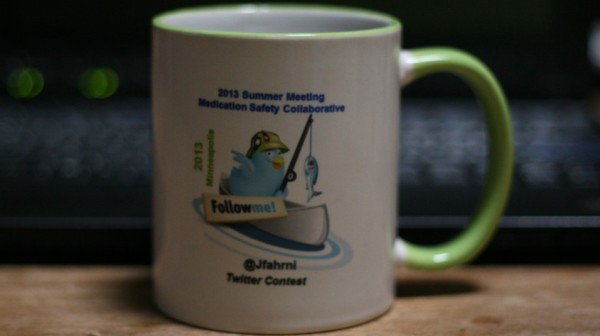I’ve been an ASHP member off and on for much of my career. I’m not much for membership in organizations, but I thought ASHP would be worthy. Heck, they’re the biggest professional pharmacy organization in the country (world?), why wouldn’t I be a member.
I try to give them the benefit of the doubt, but sometimes I wonder who’s driving the bus. I believe ASHP’s goals should be to: 1) promote the profession, 2) improve the profession, 3) defend the profession from nefarious sorts, , and 4) offer guidance to help move the profession into the future. That’s it. Read into it what you will, but pharmacists and technicians pay to be members of ASHP. Why? Because they believe ASHP will make pharmacy better. Otherwise there’s no point.
I’ve dabbled in some of the small groups within AHSP, specifically the Section of Pharmacy Informatics and Technology (SOPIT). These small groups focus on specific issues within the profession. Their purpose is to come up with solutions and recommendations. And in the case of the SOPIT the goal is to help solve problems associated with pharmacy informatics, automation and technology within the practice of pharmacy. It’s actually a good group that has done some great things over the years.
One of these groups in particular had great promise as it brought together several companies in the industry to look at the problem associated with informational standards; particularly drug information updates to pharmacy formularies. One of the problems with information within formularies (drug dictionaries, drug masters, <insert other name here>) is that standards simply don’t exist. Everyone has their own way of doing it, which causes problems.
While serving as the IT pharmacist at my last facility I had to manually maintain several formularies: pharmacy information system, ADC’s, pharmacy inventory management system, barcode labeling system, online hospital formulary, etc. It was time consuming and fraught with error. And before you ask, yes I made mistakes in those systems that caused problems; problems that were a bear to fix.
The group mentioned above was brought together to look at this problem and propose a method for companies to collaborate with the sole purpose of bringing a single standard to the practice that could be utilized to populate hospital formularies in a “downhill†fashion, i.e. one formulary update delivered to a centralized location that could be pushed out to other formularies. One standard. One location to update. One  formulary to monitor. One formulary to maintain. Simple. Fewer errors. Less work. Better for the profession.
Unfortunately AHSP decided to kill the project. I’m greatly disappointed in ASHP for doing this.
Read more

